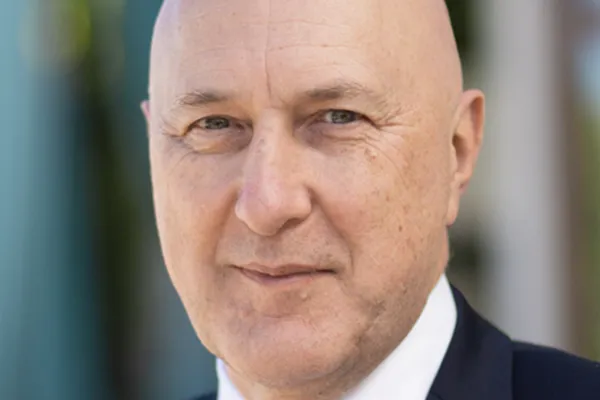Financial heavyweights from both West and East urged the beleagured Eurozone to create a trans-national treasury as a necessary step toward calming its escalating sovereign debt crisis. Legendary U.S. investor George Soros and China Investment Corporation President Gao Xiqing agreed during a seminar at the IMF-World Bank annual meeting that closer fiscal union is needed to maintain the euro’s viability. “The alternative is a break-down of the world financial system as we know it,” Soros warned. “You can’t unscramble the omelet now that all assets and liabilities are in the common currency.”
But Soros and Gao differed in their level of optimism that the 17 nations sharing the euro can make essential reforms in time. “I’m quite confident that under the pressure of the crisis the new treasury will develop,” Soros said. Gao was less sanguine. “The fact that something means the end of the world does not mean it isn’t going to happen,” he quipped. “We all know we need a fiscal union to solve the current problems. So why don’t we have it?”
He suggested that part of the reason lies in a clash of cultures between different countries now sharing the same money. “You have people in the south of Europe who hope to work five hours a day, three days a week, and people in the north who want to work 80 hours a week,“ he observed.
Soros, Gao and other panelists joined the emerging Washington consensus that the Eurozone’s current travails are more political than financial, strictly speaking. “The good news is that the scale of the crisis is within Europe’s resources,” said Nemat Shafik, deputy managing director of the IMF. The Fund’s estimate for total European bank exposure to troubled sovereign debt, for instance, is euro 300 million, much less than the U.S. government made available to its banking sector through the 2008 TARP program. Moreover, many of the banks carrying these risky assets can still raise capital in private markets, though “there could be a place for public intervention,” Shafik said.
But the panel itself illustrated the difficulty of acting decisively even on the most pressing question of how to resolve Greece’s excessive national debt. Olli Rehn, commissioner for economic and monetary affairs at the European Commission, insisted that “Greece should not and will not face a default. There will be no such catastrophe on European soil.” Soros differed. “It is very important that the possibility of default be prepared for,” he said, “With a managed default, the rest of the Eurozone can be ring-fenced and the banking system shored up.”
Portuguese finance minister Vitor Gaspar was on hand to make the point that austerity programs to reduce national debt are not unpopular everywhere in Europe. While Greek rioters command the air waves, parties supporting ambitious budget cuts won 80 percent of the vote in a June election, he noted. The EU’s Rehn noted that the tough-love turnaround program in Ireland is also gaining traction, with the country returning to growth in the second quarter of this year.
Still, bringing European sovereign debt under control promises more pain under the best scenario, and not only in Europe, speakers agreed. Soros noted that the European banks now under siege are the engines of credit for emerging markets, lending $3.5 trillion to the developing world compared to $740 billion from U.S. financial institutions. Many of these loans are in dollars and funded indirectly by American money market funds willing to send money across the Atlantic to Europe. The U.S. funds’ confidence is now ebbing, promising a “credit crunch in Europe as a result of the fiscal crunch.”
CIC’s Gao took both a longer and darker view. The current financial febrility in Europe and the U.S. marks just the beginning of a forced structural adjustment that will reach deep into the advanced societies, he predicted. “Once China starts to spend more at home, we are gong to pull money out of your systems,” he warned. “You need to change your way of living and spending.”






